5 Things You Can Learn From Your Day Job for Any Career
 Last week, I posted an article on my Music Marketing blog called "5 Things You Can Learn From Your Day Job in Your Music Career." After thinking about it some more, I realized that it could apply to any type of career. These are basic skills that entrepreneurs should be picking up as learning experienced from any job. I've posted it below. Here's to taking more steps to creating your dream job!Martin Atkins, touring artist and author of the book Tour:Smart, recently did an interview with CD Baby President Brian Felson where he basically said: keep your day job!I agree – it’s important to be strategic about your job so that instead of “quitting” your day job, you can replace it with another career: music. However, as long as you are there, its important to pick up as many skills as possible that will be useful to the working musician. Here’s a list f things that you should be learning from your day job:
Last week, I posted an article on my Music Marketing blog called "5 Things You Can Learn From Your Day Job in Your Music Career." After thinking about it some more, I realized that it could apply to any type of career. These are basic skills that entrepreneurs should be picking up as learning experienced from any job. I've posted it below. Here's to taking more steps to creating your dream job!Martin Atkins, touring artist and author of the book Tour:Smart, recently did an interview with CD Baby President Brian Felson where he basically said: keep your day job!I agree – it’s important to be strategic about your job so that instead of “quitting” your day job, you can replace it with another career: music. However, as long as you are there, its important to pick up as many skills as possible that will be useful to the working musician. Here’s a list f things that you should be learning from your day job:
- Treating Customers Right: Whether you are working at a mall or you are on Wall Street, the business will depend on customers. It’s the same with music: you have to learn how to connect with your fans. Most organizations have guidebooks or protocol on how to treat customers. They might be boring but trying reading those guides and finding ways to apply them to your music.
- Learn How to Sell: At the end of the day, the success of your music career will depend on sales. Whether it is direct music/merchandise sales (and chances are this is where most of your revenue will come from), licensing, indirect sales, or “selling” your band to someone else through booking, sponsorship, etc., it’s good to have real world experience with negotiation, pricing, and closing a sale.
- Communication Skills: Skills like phone and email etiquette are important if you are running your own business. It’s good to have an understanding others’ working hours, how to follow up, preferred methods of communication, etc. Remember, spell check is your friend. In addition, never underestimate the power of networking. Those connections can be lifelines later in your career. Learning how to network is a key for any working musician.
- Discipline: Many artists I work with struggle with self-discipline. If you really to do music for a living, then you have to treat it like you would a job: have regular and focused working hours that you work consistently, create a mission and set of values that you and your band mates follow, and a system in place when someone deviates from their role/responsibilities.
- Handling Money: All organizations have strict money handling rules. If you work a register, you are accountable for what goes in and what goes out. How is cash handled in your band? Do you account for each sale, have a consistent till for change, account for expenses (such as buying gas)? If/when you file taxes as a business for your band, you’ll need to have some good accounting practices in place.
I think it’s valuable to learn from all of life’s experiences. Even if you are working at a job that you can’t stand now, chances are, there are some valuable skills or connections that you can be working on that will pay off when you are running your own business as a musician. What’re some additional things you’ve learned in jobs you’ve held?
